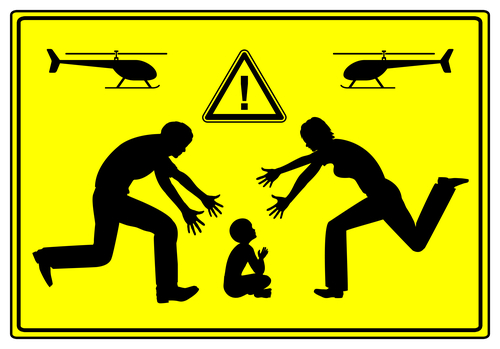How Do People Diagnosed With Autism Get Hired?
What kind of agencies are out there to connect me, and my child’s skills, to a potential employer?
My name is Raeme Bosquez-Greer. I have been an Employment Specialist for the most challenging students for over 20 years. Challenging in my vocabulary means that they are harder to place in a competitive employment setting.

All states and cities have agencies similar to the Texas Workforce Commision, a department of rehabilitation and Alamo Area Council of Governments, which I’ll refer to as “The Agencies” for the remainder of this blog. These are the main agencies the parents of a 15+ year old student can go to for their first steps in seeking training, job developing and employment. This umbrella of agencies contracts third party providers to complete services. These providers, like myself, specialize in a variety of disabilities including Autism and Neurodevelopmental challenges. We are paid commission for the services that we provide.
The Agencies mentioned above will educate you regarding all the services they offer either themselves or through the 3rd party providers. They will give you a list of providers to select from. You call the providers on the list and interview them with questions specific to your son or daughters needs and you select the provider that you want to work with.
The agency will give you example questions but you can also ask your own based on what best fits your child.
Example questions you might want to focus on are:
- How long have you worked in the field of vocational rehabilitation?
- What is your success rate with students with Autism or related challenges?
- What are your credentials?
- Describe your most challenging case and did you have a positive outcome?
- What are the most common barriers to overcome for my son or daughter to become successfully employed?
For the state agencies, a student can begin the paperwork process as early as 15 years old. A vocational representative is required to be at the high school a minimum of once a week. I recommend you contact your child’s case manager frequently and ask to make an appointment with their appointed vocational representative. Start services early so that your child has time to learn the skills that they need and overcome any barriers by the time they graduate.



